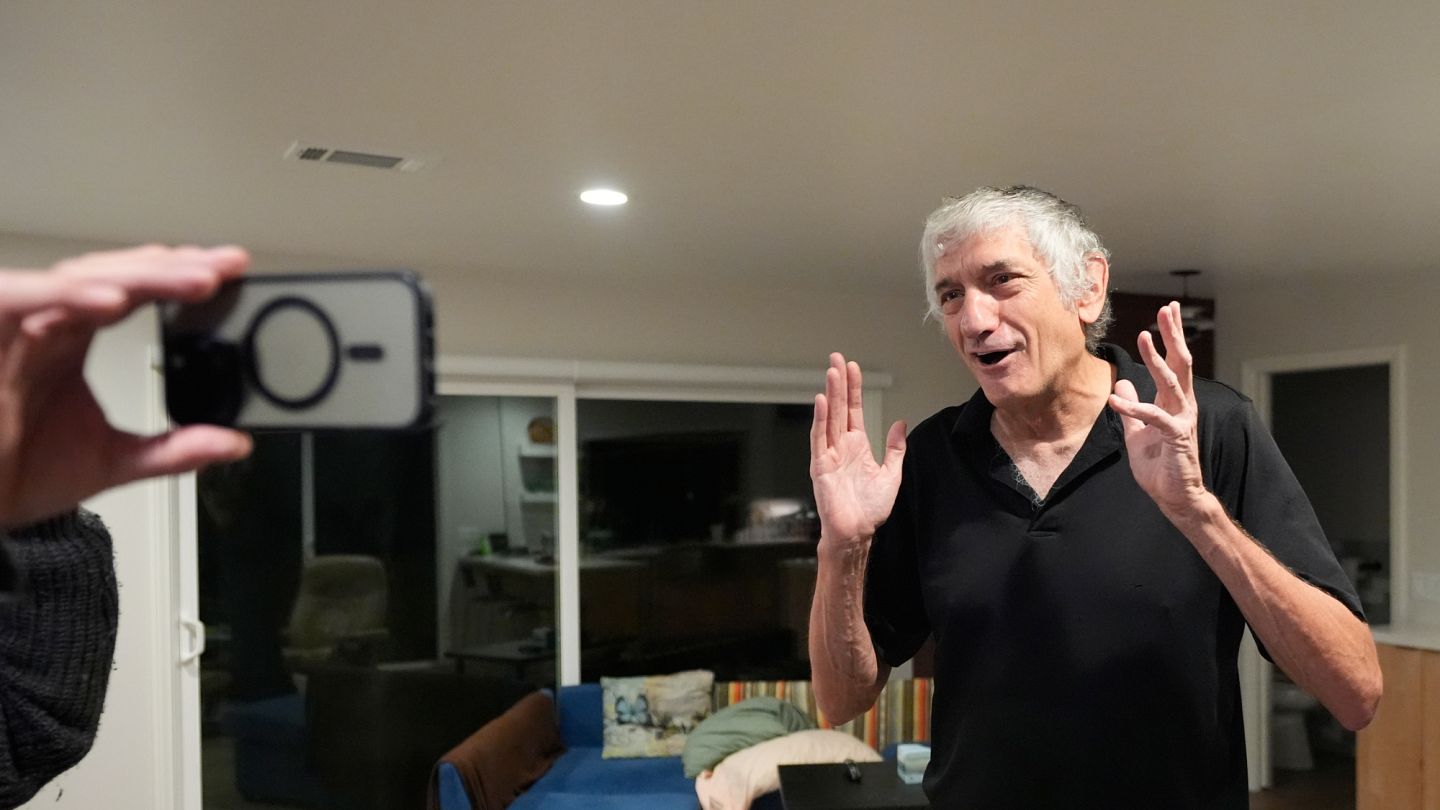'New generation will make the quantum revolution a reality,' says Nobel laureate John Martinis
John Martinis tells Euronews the new generation of researchers has the potential to accelerate the quantum revolution, as long as there is collaboration, consistency and awareness of the complexity of the task.
John Martinis is one of the most important physicists of our time. As a pioneer in the development of quantum computing and a member of the Nobel Prize-winning team, he has been one of the most influential figures in the field of modern physics.He led Google's famous 'quantum supremacy' experiment, which, a few years ago, showed that a quantum computer can perform a calculation in a few seconds, something that would take thousands of years for a classical computer.In an interview with Euronews' Greek service, John Martinis talks about his journey, the current state of research and the challenges facing the new generation of scientists who are called upon to turn theory into reality."If you look back at the Nobel Prize, the experiment we did then was in the mid-1980s - it's already forty years later," Martinis told Euronews."It's really impressive that today we can build quantum computers powerful enough to perform academic-style calculations, run simple algorithms and understand how they work and how they are programmed".The path of quantum technology has never been easy. From the theoretical physics of the 1980s and 1990s to the first experimental prototypes of the 21st century, each step required a combination of physics, engineering, programming and high-precision materials.Martinis points out that, although science has made impressive progress, there are still many obstacles."I have been involved in many ventures, each with its own advantages and disadvantages," he explained."One of the problems is that, as the technology is now developed mainly by private companies, people tend not to share what they learn - and this can slow down progress. Of course, there is enough academic research that knowledge is being shared, but the balance is not always easy".He added that scientists are "usually optimistic, but sometimes a little naïve about how difficult it is to build a system with all the engineering and technologies needed to make it work".The discussion naturally leads to the future of the quantum industry. How close are we to practical applications? Martinis admits that development is now mature, but also more challenging than ever."The field is now quite mature. Even for someone with my experience, it's hard to start a start-up and be actively involved," he said."But it's fantastic for young people, because there are a lot of career opportunities in quantum computing development".He said that when he was a student, it was almost unimaginable but that has now changed."Today, you can join a good research group, work on algorithms or materials and make a substantial contribution. We also have people without a PhD who contribute significantly to our company - each with their own skills. One of them, with a background in computer science, has taken over our entire network system and is doing an excellent job".For him, the new generation of researchers has the potential to accelerate the quantum revolution, as long as there is collaboration, consistency and an awareness of the complexity of the task."Young scientists bring energy, ideas and boldness. What is needed now is patience and cooperation between universities, companies and governments so that quantum technology is not confined to experimental laboratories, but finds application in areas such as medicine, data security and energy".However, towards the end of the interview, John Martinis smiles when asked about his Greek roots."I'm not sure how it all started - I guess someone published it somewhere," he says with a laugh."I'm Croatian. My father was born in Kamiza, on the island of Isa, near Split, in the Adriatic, while my mother was born in the United States. I am very proud of this heritage and I love that I can have ties to more than one country. It's great - I love that".With his characteristic calmness and scientific precision, John Martinis belongs to the generation of researchers who laid the foundations for the next great technological leap forward.As he points out, "the quantum future is no longer a theory - it's already in the hands of the young".


